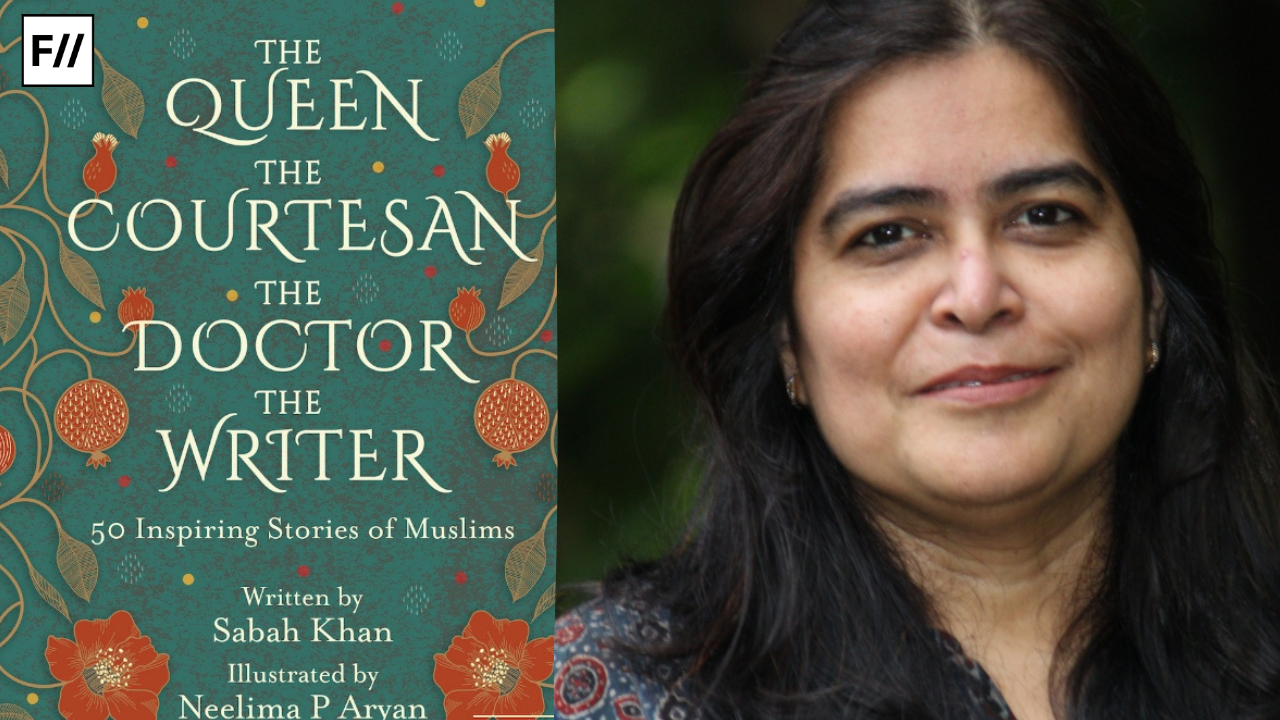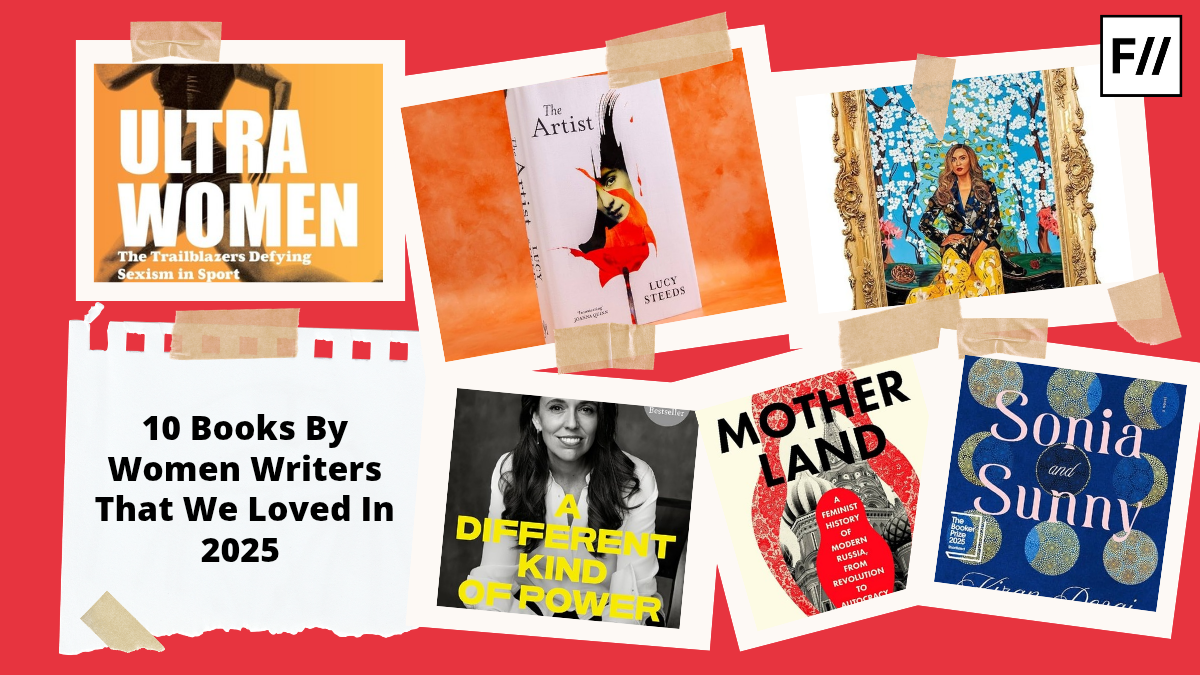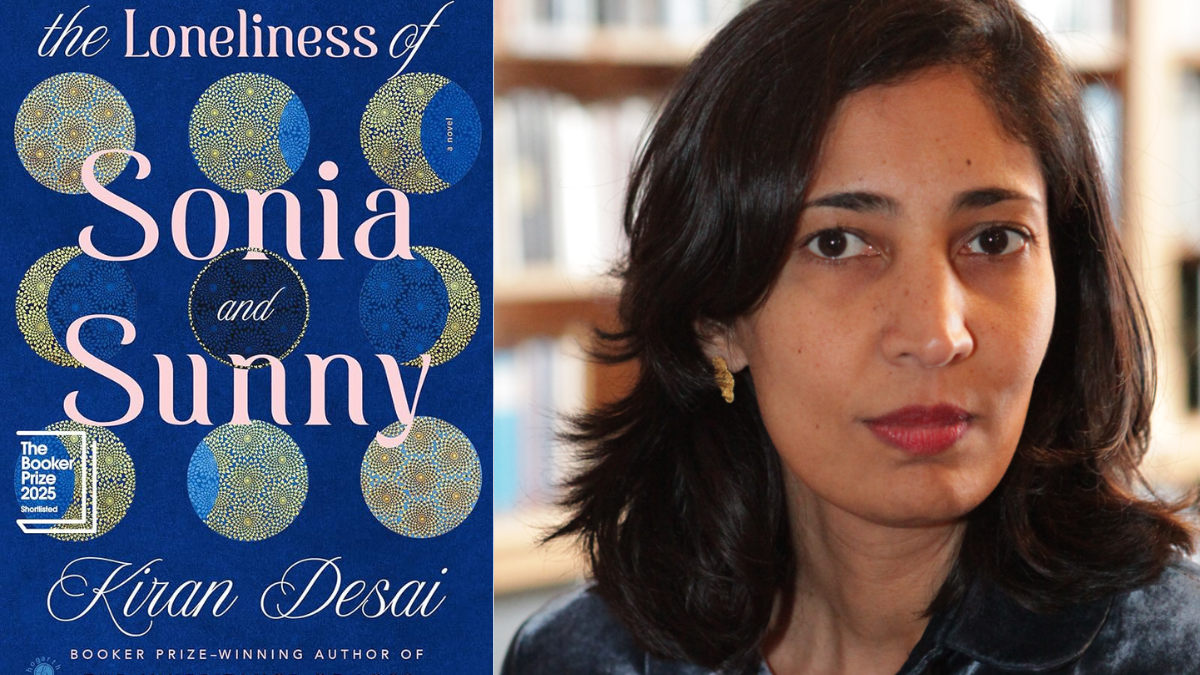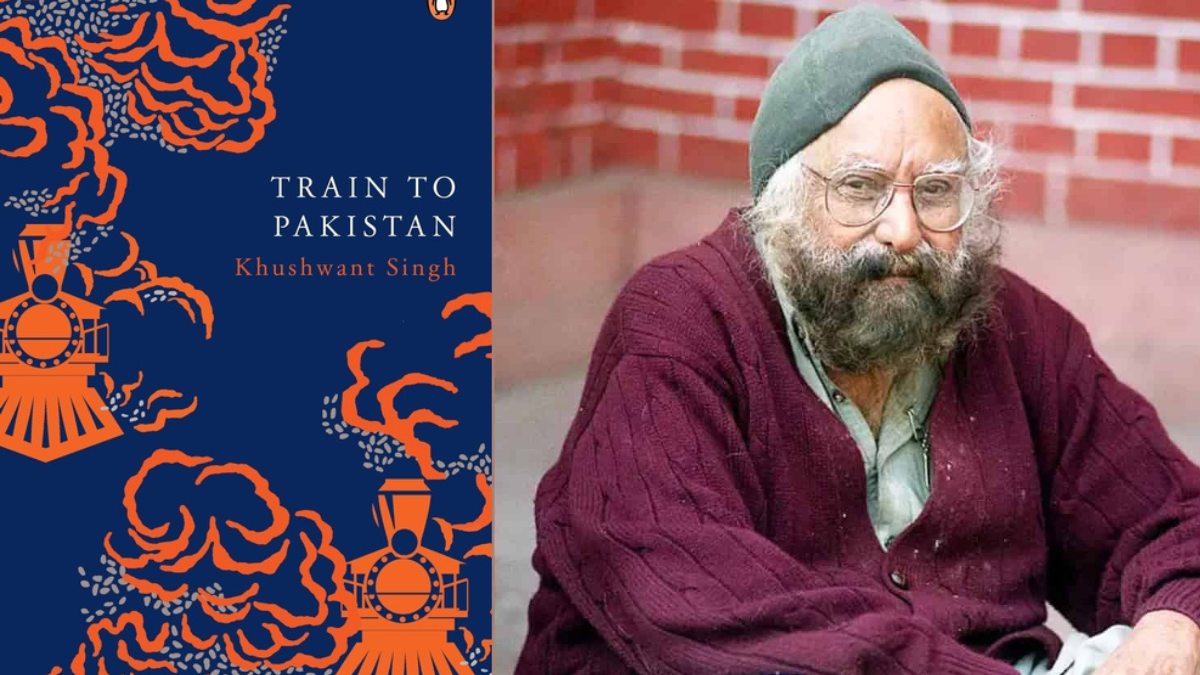Stories of Muslims, from Queens to the Courtesans, to Doctors and to Writers, are included in this book titled The Queen, The Courtesan, The Doctor, The Writer authored by Sabah Khan. The book contains fifty short stories from late 19th century to early 20th century, about Muslim men and women who made significant contributions to Indian society in their own, distinctive ways.
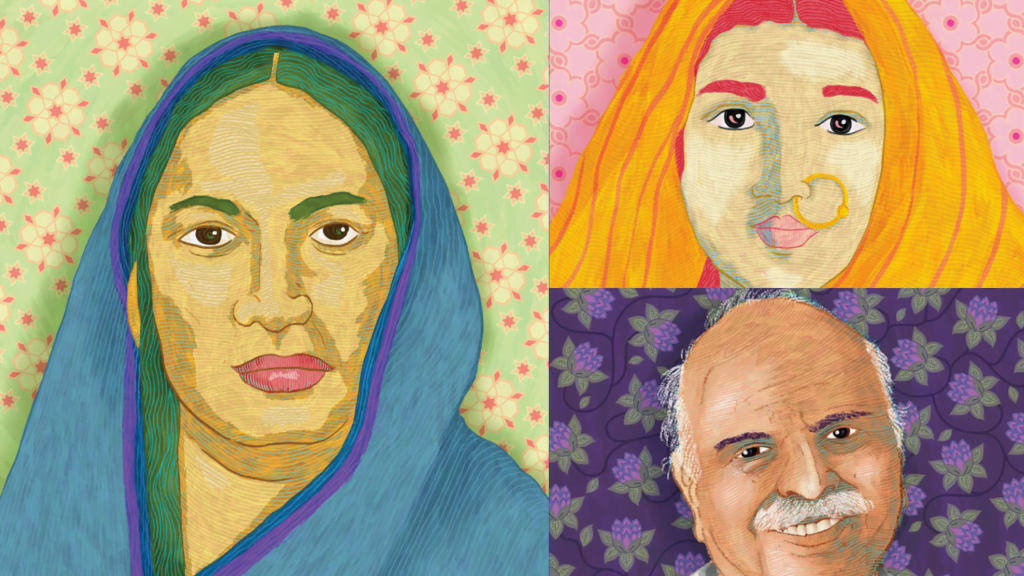
Sabah Khan is a feminist activist whose interests are minority rights with a focus on women. She has been a member of the Muslim Women’s Rights Network, a group advocating gender-just laws since its inception in 1999. She is a co-founder of Parcham, an organisation committed to a just world, respectful of diversity. Parcham is best known for introducing the football initiative for adolescent girls in Muslim ghettos.
Also read: FII Interviews: Ghazala Wahab Talks About Caste, Class And Gender In Islam
What makes this book remarkable is its gender-neutral approach in documenting the Muslim identity, it carries stories of twenty five Muslim women who broke stereotypes, some gave up purdah, threw off their veils and came out of their comfort zone to advocate for women’s right and their identities. The book accounts stories of a variety of women, including Queens like Begum of Bhopal and Razia Sultana; Courtesans like Aziz-un-Nisa and Begum Akhtar; and doctors like Dr Rashid Jahan, who is well known for her out-spoken writings.
Her book is of immense importance in these times when Muslim identity and Islam are the targets of widespread hate and scepticism in the country, and to overcome this hate and to promote and protect the secular, democratic, pluralistic principles enshrined in the Constitution of India, reading about our history, the contributions and sacrifices, pre and post-independence, of numerous Muslim heroes, both men and women, who participated as equals in the struggle for India’s independence, opposed the idea of Pakistan, played an exemplary role in promoting reforms within the community, challenging received wisdom, breaking taboos gives a sense of strength and support.
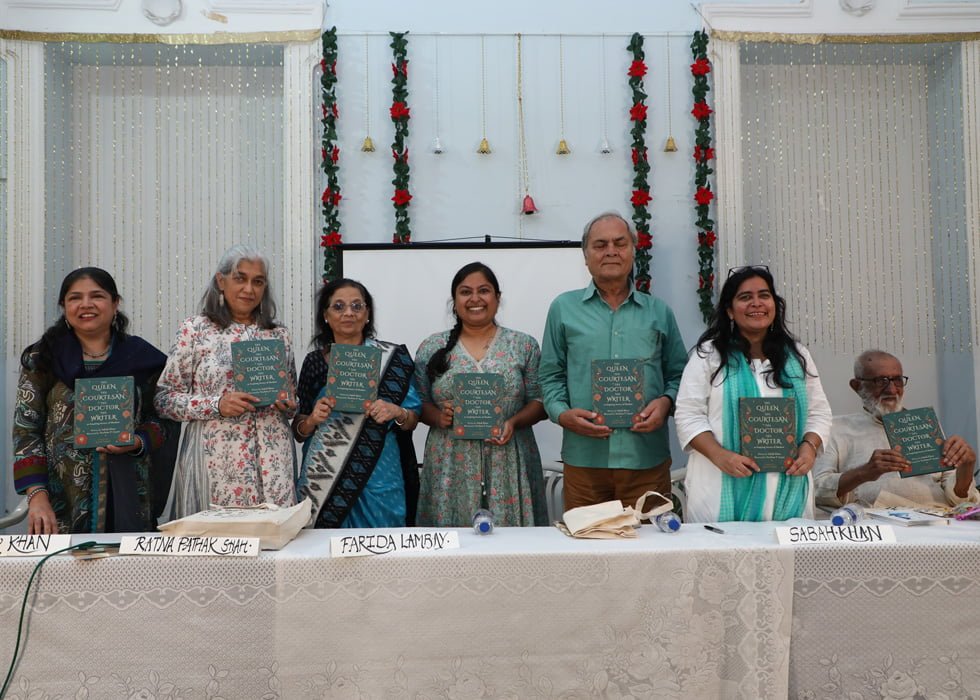
Stories from Dr Zakir Hussain Khan, MF Hussain, and Sadat Hasan Manto are included in this book. Each of these men has made a distinct contribution to our society and is well-known for the work that they have done in their own individual fields. However, the book does not only tell tales of known or famous Muslim identities, it also attempts to cover unidentified and less-heard stories of Muslims who contributed significantly to our society and fought for the upliftment of Muslims, such as stories of the communist, the maulana, the unapologetic gay Muslim, the ‘birdman of India’, and the theorist practitioner extraordinaire of street theatre.
Also read: Book Review: Looking through Lila Abu-Lughod’s ‘Do Muslim Women Need Saving?’
The story of Sheikh Abdullah, who encouraged his wife Waheed Jahan to work along with him, and the couple successfully established a girls’ school in 1914 that is now the Women’s College of Aligarh Muslim University, is my favourite amongst stories.
This book serves as a reminder to Indians that the nation’s freedom was bought with the blood of men and women, religious and non-religious people, zamindars and daily wagers, begums and courtesans, and people from all walks of life. Because of their shared Indian heritage, they were able to put aside their religious, linguistic, social, and gender divides in order to fight together for a land they considered their own. I
What makes this book remarkable is its gender-neutral approach in documenting the Muslim identity, it carries stories of twenty five Muslim women who broke stereotypes, some gave up purdah, threw off their veils and came out of their comfort zone to advocate for women’s right and their identities. The book accounts stories of many women, including Queens like Begum of Bhopal and Razia Sultana; Courtesans like Aziz-un-Nisa and Begum Akhtar; and doctors like Dr Rashid Jahan, who is well known for her out-spoken writings.
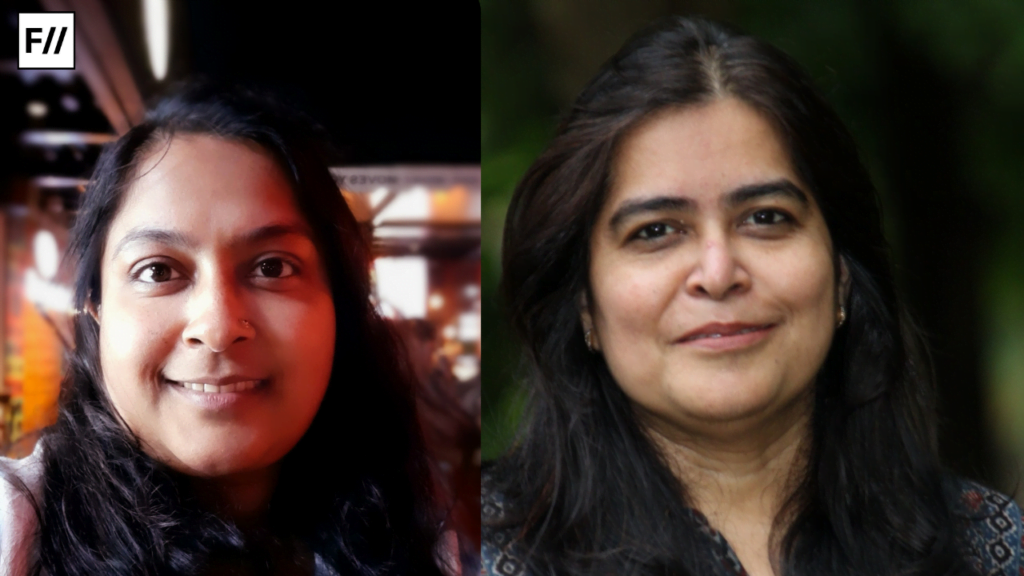
It also includes stories of those women who are invisible on the pages of history and whose birth and death date are unknown, such as Azizun Nisa and Fatima Sheikh; along with stories of women who were politically active in pre-post independent India, writers, actors, reformists who fought for Muslim girls’ education, activists who participated in Independence and women’s movement of early 20th century. My favourite among these is a story about Haleema Beevi, who challenged the misogynist interpretation of regressive maulanas who used their ideas to subjugate women. She paved the brave question, ‘How can a community prosper when its women, who constitute half of the community, are labelled weak and lead an undignified life?’.
Also read: Book Review: ‘Muslim Women Speak’ By Ghazala Jamil
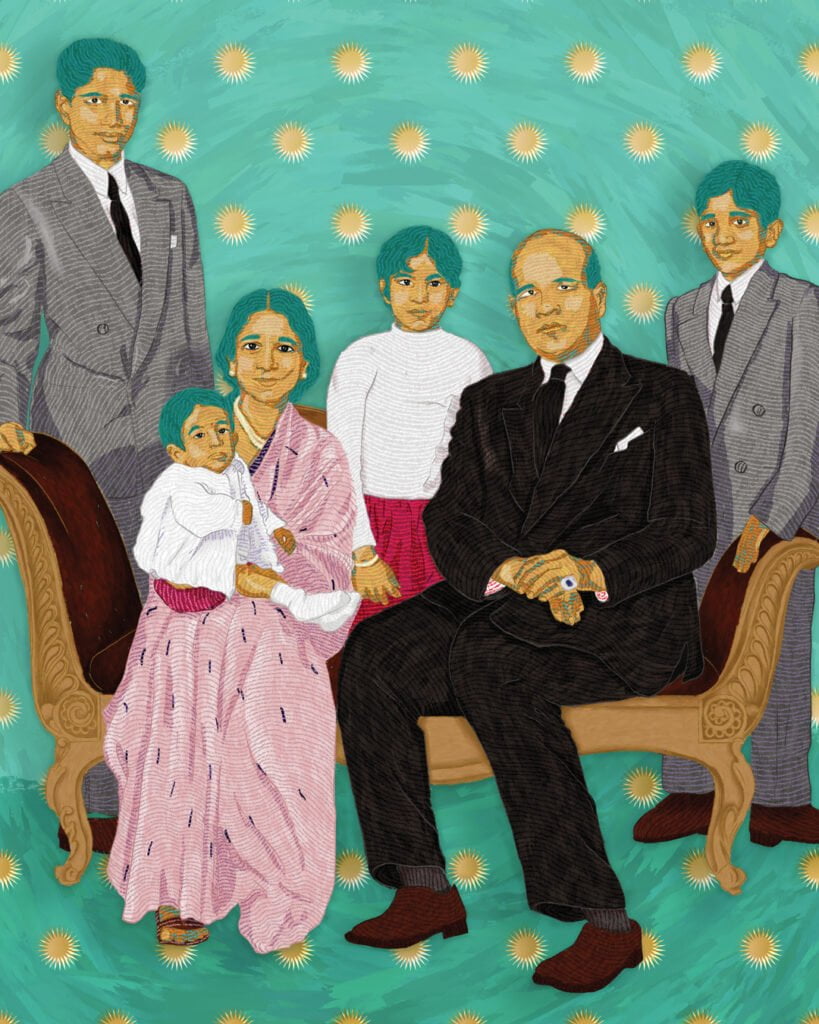
This book serves as a reminder to Indians that the nation’s freedom was bought with the blood of men and women, religious and non-religious people, zamindars and daily wagers, begums and courtesans, and people from all walks of life. Because of their shared Indian heritage, they were able to put aside their religious, linguistic, social, and gender divides in order to fight together for a land they considered their own.
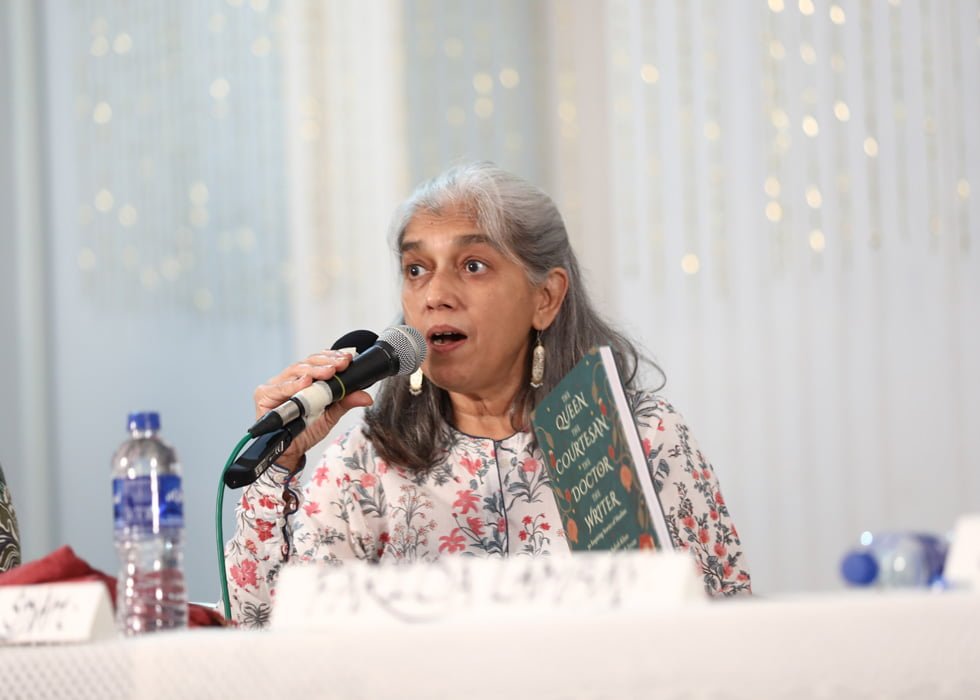
I believe that the act of writing itself is revolutionary and this book will give readers a sense of connection. Learning about Muslim men and women’s history and what they did for their community and country, at this time when Muslims are feeling battered, bruised and insecure, hopefully will inspire and give them a sense of confidence to stand up for themselves and for the marginalised people who are suffering, to raise voice against the injustice like their ancestors who fought against injustice and violence.
